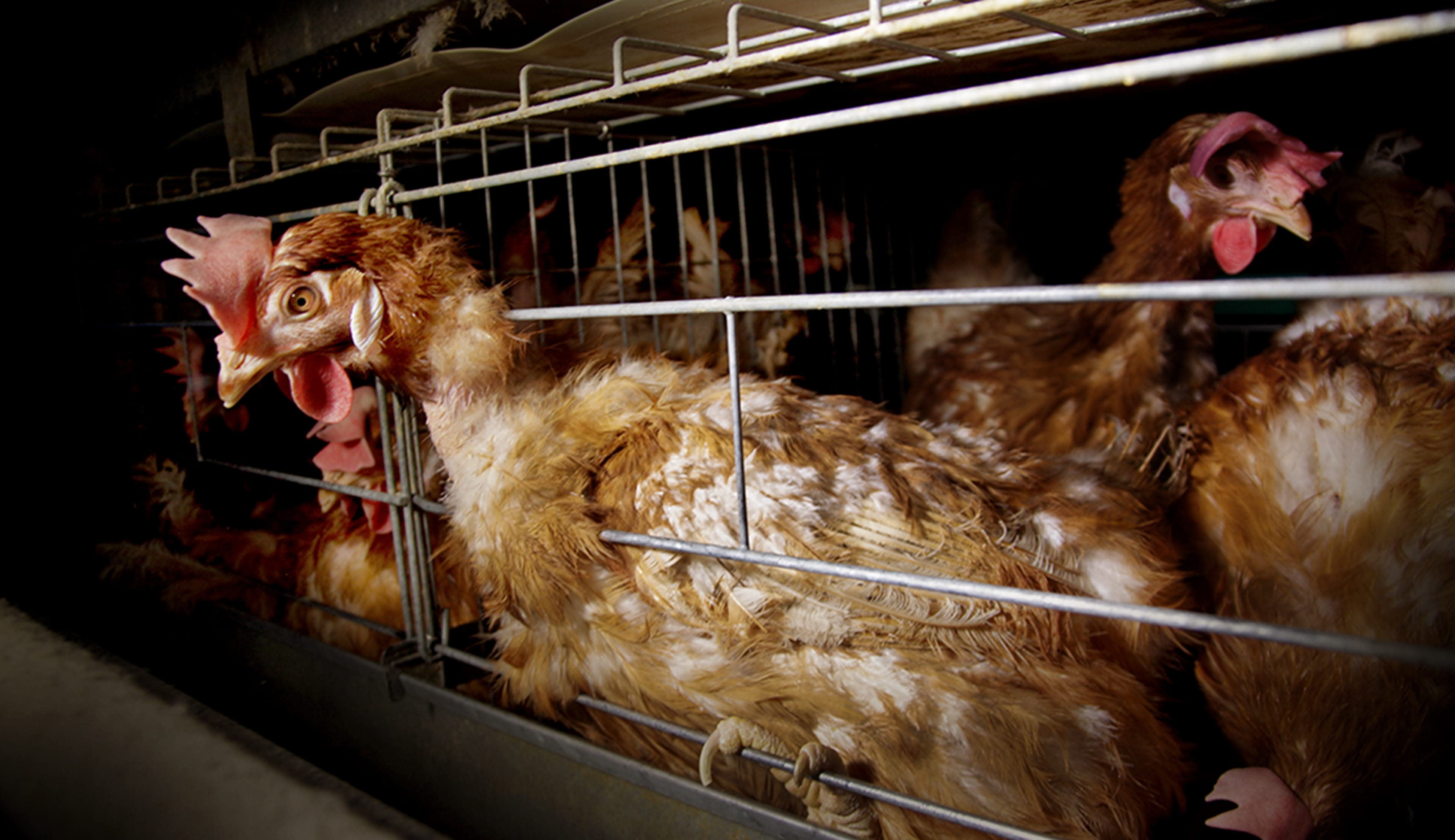
The Rise of Battery Cage Systems in Kenya and the Call for Cage-Free Alternatives
Author: Simon
Published on: April 01, 2025
Kenya’s poultry industry has witnessed significant growth in recent years, driven by the increasing demand for eggs and poultry products. However, this expansion has led to the widespread adoption of battery cage systems, a method of housing laying hens that, while efficient in terms of space utilization and egg production, raises serious animal welfare and food safety concerns.
Battery cages are designed to confine multiple hens in small wire enclosures, severely limiting their movement and preventing them from engaging in natural behaviors such as perching, dust bathing, and nesting. This system appeals to many commercial farmers because it allows for high stocking densities, easier management, and reduced labor costs. However, the conditions in these cages significantly compromise the well-being of the birds. Hens in battery cages suffer from extreme confinement, leading to stress, frustration, and increased aggression. Their inability to move freely results in weak bones, foot deformities, and feather loss.
Furthermore, they experience behavioral deprivation, as they are unable to express instinctive actions that are essential to their physical and psychological health.
Beyond the welfare concerns, battery cage systems pose risks to food safety and public health. The overcrowded conditions create an environment where diseases such as Salmonella can spread rapidly, increasing the risk of contamination. To counteract this, many farmers resort to excessive use of antibiotics, a practice that contributes to antimicrobial resistance—a growing global health crisis. Studies have also shown that eggs produced in battery cages often have lower nutritional quality compared to those from cage-free systems.
Recognizing these challenges, Nuru Animal Welfare is championing the transition to cage-free poultry farming in Kenya. The organization is advocating for alternative systems that prioritize both the welfare of the birds and the long-term sustainability of the industry. Cage-free systems, such as barn, free-range, and pasture-raised methods, provide hens with more space, better living conditions, and opportunities to engage in natural behaviors. In barn systems, hens are kept indoors but have access to perches, nesting areas, and enrichment materials. Free-range and pasture-raised systems offer even greater freedom, allowing birds to move outdoors and forage, which improves their health and overall well-being.
The benefits of cage-free systems extend beyond animal welfare. Research indicates that eggs from hens raised in cage-free environments tend to have higher nutritional value and better taste. Additionally, as consumer awareness grows, the demand for ethically produced eggs is increasing. Many international companies and retailers are already shifting towards sourcing cage-free eggs, creating new market opportunities for farmers who adopt humane practices. Furthermore, cage-free systems align with sustainable farming approaches, reducing environmental degradation and promoting more responsible use of resources.
Transitioning from battery cages to cage-free systems in Kenya requires a collective effort from policymakers, farmers, animal welfare organizations, and consumers. Government regulations and incentives can play a crucial role in encouraging farmers to adopt more humane practices. Training programs and financial support will also be essential in helping farmers successfully transition to cage-free systems. At the same time, raising consumer awareness about the benefits of cage-free eggs will create market-driven demand, reinforcing the shift towards ethical poultry farming.
As Kenya’s poultry sector continues to evolve, Nuru Animal Welfare remains committed to promoting a cage-free future—one that not only prioritizes the welfare of birds but also ensures sustainable and ethical egg production. By embracing humane farming practices, the industry can create a more responsible and resilient food system that benefits both animals and people.